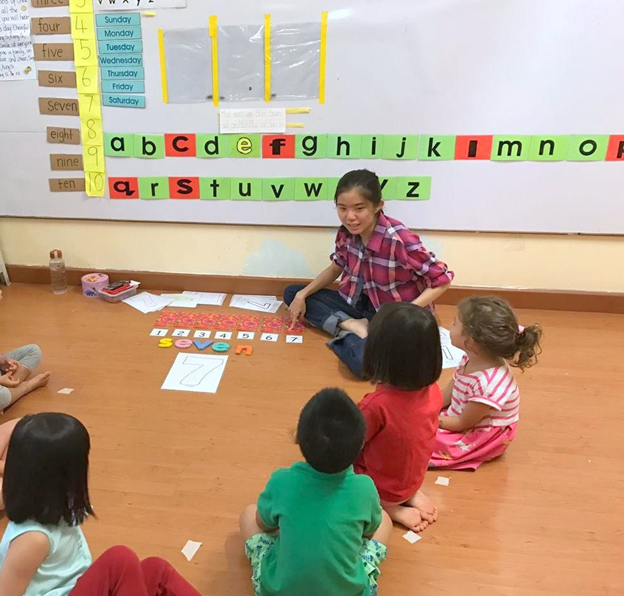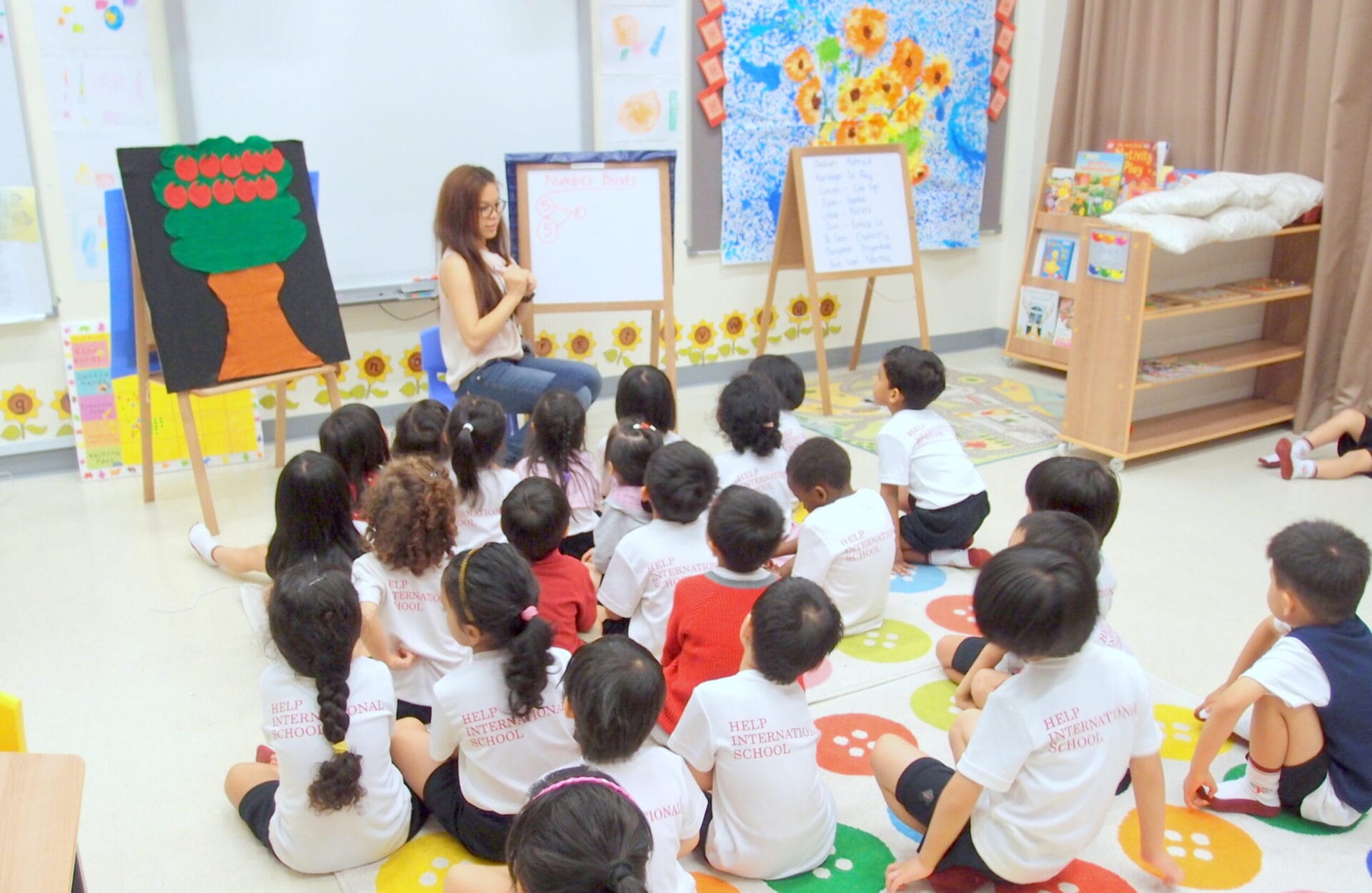The term “early education” refers to education for children from birth to age six. This period is considered by many child psychologists to be a crucial period of development in the life of a child. Children at this stage learn how to socialize and develop basic learning skills. They also learn how to communicate their thoughts and ideas to others, learn about respect and develop a sense of confidence in their ability to solve problems. Recognition of boundaries and learning about acceptable ways of behaving also happen at this stage of development. Early childhood education is therefore an important aspect of a child’s development and if facilitated well by professional early childhood educators in a caring and nurturing environment, it will greatly enhance a child’s successful transition to school, achieve better learning outcomes while at school and set the stage for a successful career and life in their adult years.
HELP University’s Bachelor of Early Childhood Education (BECE) and Diploma of Early Childhood Education (DECE) are highly sought after programmes for those interested in pursuing a career in working with children. It is the professional preparation for early childhood educators and carers. Two of HELP University’s recent Edu-Carers graduates, Rachel Tee Shao Yen and Denise Duar Xia Shing shared their experiences studying in the ECE Programme at HELP University.
Rachel Tee Shao Yen, 2018 HELP University graduate with a Bachelor of Early Childhood Education, First Class Honours.
“I chose to study at HELP University’s ECE because at the time of entry, there were not many universities offering the ECE programme and after some research, I found out that HELP University’s ECE programme is among the better ones around. That was the main reason why I chose HELP” said Rachel. She adds, “our curriculum enabled us to work with children from 0-8 years old. On top of this, the lecturers at HELP are very professional and helpful. They are very diligent and work hard to produce excellent and quality early childhood educators.”
According to Rachel, what she enjoyed most about working with children during her practicum was seeing the joy on children’s faces while she taught them. She was very much encouraged to move forward in the field when she saw how motivated the children were with every lesson they had with her.
“In my personal opinion”, said Rachel, “a successful preschool teacher would be one who is able to make an impact in a child’s life holistically, and ensuring that all children are ready for their future undertaking.”

Rachel Tee during her ECE practicum in a preschool.
Denise Duar Xia Shing, 2016 HELP University Convocation Valedictorian, BECE (First Class Honors)
Denise Duar always wanted to be an educator from a young age, and she chose to study in HELP University’s ECE programme in 2011. “I came across information about ECE in HELP University, which convinced me that HELP University is the university that will equip me with the knowledge and experience that I will need as an educator.” said Denise.
“The lecturers,” Denise added, “were like mentors to me. They’ve never turned me away whenever I had doubts or trouble with subject matters. They have always been most supportive and patient in guiding the students and I am extremely thankful for that.”
Denise found that the most rewarding thing about working with children, especially during her practicum, would be witnessing any form of development or growth in them, however minimal or gradual. “It is always a good and satisfying feeling when I am able to make a difference using the best of my abilities.”

Denise Duar at a pre-school during her internship session.
“We don’t just ‘serve’ as early childhood educators, “said Denise, “We care for the children and their family, too.” She believes that teaching is more than delivering knowledge and content to students. Teaching is about inspiring others in many ways, igniting imagination and instilling passion for lifelong learning.
About the HELP University ECE programme
The HELP ECE programme sets out to train early childhood educators to be passionate and committed about the work of educating and caring for children. There are two Practicum periods in the program. The first involves an 8 week placement in a Nursery followed by another 8 weeks in a Preschool, when they are in the final year of their programme. For the duration of the practicum, students would be expected to complete a stipulated number of hours and lessons based on criteria set by the university’s Department of Education.
Working adults who wish to enroll in the ECE programme but do not meet the minimum entry requirements can consult the Malaysian Qualifications Agency (MQA) to see if they qualify for the Accreditation of Prior Experiential Learning (APEL). This enables individuals who have work experience but lack the formal academic qualifications to pursue their studies at higher education institutions.
For more information on HELP’s ECE programme, visit www.help.edu.my or call Nisha Naidu, (Assistant Manager, Faculty of Education & Languages) at 03-2711 2000 ext 2012 or Punitha Ganesan, Programme Coordinator (Early Childhood Education) Department of Education, Faculty of Education & Languages at 03-2711 2000 ext 2011
